- Home›
- Healthy Living›
- Protect Your Feet From Monsoon Infections With These 10 Tips
Protect Your Feet From Monsoon Infections With These 10 Tips
By: Priyanka Maheshwari Sun, 18 June 2023 10:57:33
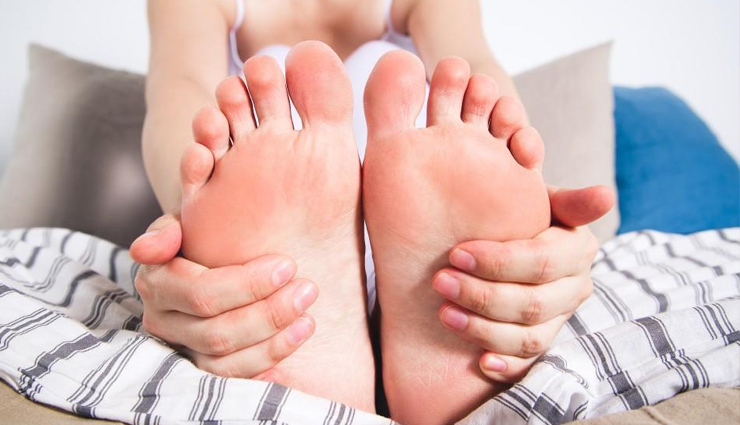
Monsoon brings relief from the scorching heat, but it also brings along increased humidity and dampness, making our feet susceptible to various infections. Fungal and bacterial infections thrive in this environment, leading to discomfort, odor, and skin problems. Keep your feet clean, dry, and well-moisturized, and choose appropriate footwear to allow proper air circulation. Practice good foot hygiene in public places, and trim your toenails regularly. With these preventive measures, you can enjoy the monsoon season without worrying about foot infections and maintain healthy and happy feet.
What are foot infection?
Foot infections during the monsoon season are common due to increased moisture and humidity. Here are some common foot infections that people may experience during this time:
Athlete's Foot (Tinea Pedis): Athlete's foot is a fungal infection that affects the skin between the toes and the soles of the feet. It causes itching, redness, scaling, and in severe cases, blisters and cracks.
Bacterial Infections: Bacterial infections can occur when the skin on the feet is exposed to excess moisture for prolonged periods. This can lead to conditions like cellulitis, causing redness, swelling, pain, and warmth in the affected area.
Fungal Nail Infections (Onychomycosis): Fungal nail infections occur when fungi invade and affect the toenails. It causes the nails to become thick, brittle, discolored, and may result in pain or discomfort.
Plantar Warts: Plantar warts are caused by the human papillomavirus (HPV) and appear on the soles of the feet. They often present as rough, grainy growths with black dots in the center. Plantar warts can be painful and may require treatment.
Pitted Keratolysis: Pitted keratolysis is a bacterial infection that affects the soles of the feet. It causes small pits or depressions in the skin, along with a foul odor. The affected area may also appear white or have a chalky appearance.
Interdigital Soft Corns: Interdigital soft corns occur between the toes, typically due to friction and moisture. They appear as soft, white lesions and can be painful.
Paronychia: Paronychia is an infection that affects the skin around the nails. It can be caused by bacteria or fungi and leads to redness, swelling, pain, and sometimes pus-filled blisters.
To keep your feet healthy and protected during the monsoon season, follow these 10 tips:
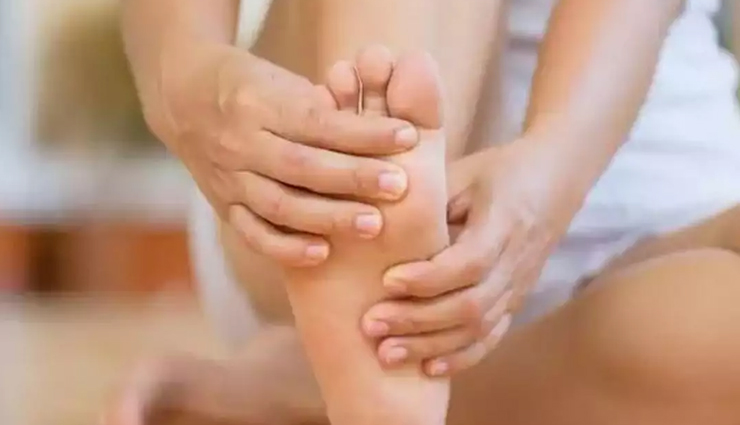
# Keep Your Feet Clean and Dry
Wash your feet thoroughly with mild soap and lukewarm water daily. Pay attention to the spaces between your toes. After washing, make sure to dry your feet completely, especially the areas between the toes, as moisture promotes the growth of fungi and bacteria.
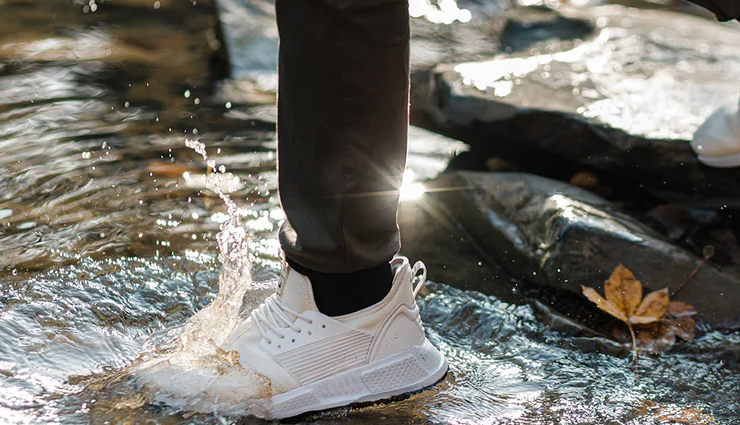
# Wear Breathable Footwear
Choose footwear made of breathable materials like cotton or canvas. Avoid synthetic materials that can trap moisture. Open-toed sandals or shoes with mesh panels allow air circulation, reducing the chances of fungal infections.
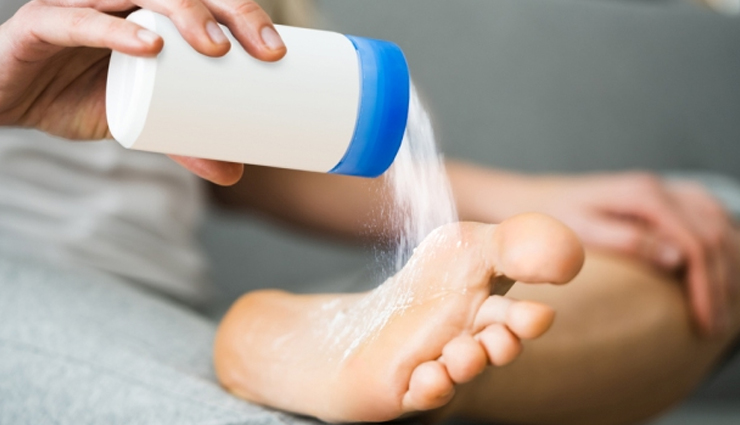
# Use Antifungal Powder or Spray
Apply antifungal powder or spray on your feet and inside your shoes to help keep fungal infections at bay. These products absorb moisture and create an unfavorable environment for fungi to thrive.
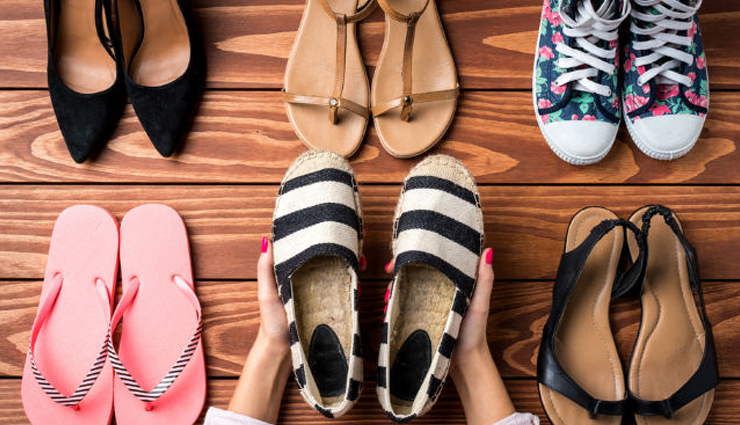
# Rotate Your Footwear
Avoid wearing the same pair of shoes or socks every day. Moisture takes longer to evaporate during the monsoon season, so rotating your footwear allows them to dry completely and prevents the buildup of bacteria and fungi.
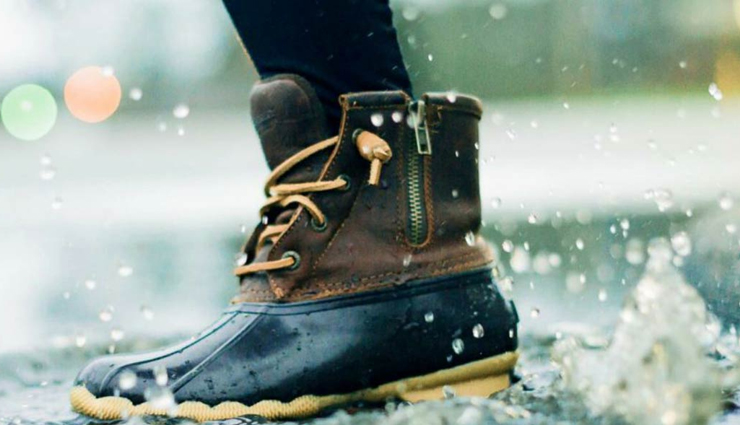
# Opt for Waterproof Footwear
Invest in waterproof footwear, such as rubber or waterproof boots, to protect your feet from rainwater and mud. These shoes provide a barrier against moisture and minimize the risk of infections.
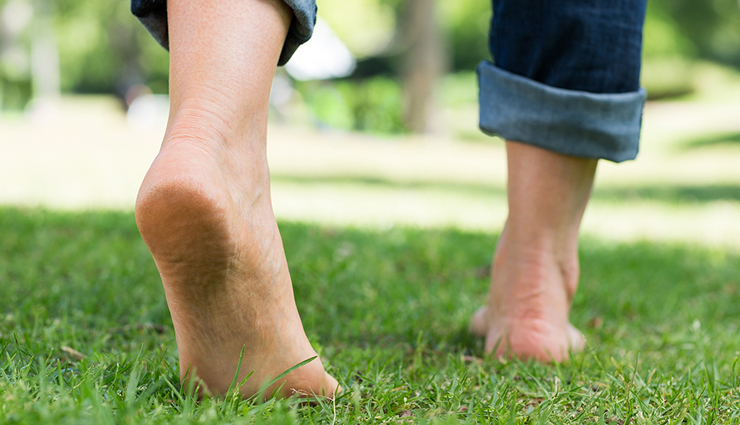
# Avoid Walking Barefoot
During the monsoon season, avoid walking barefoot, especially in public areas like parks or pools. Direct contact with wet surfaces can increase the chances of contracting fungal or bacterial infections. Wear slippers or waterproof sandals instead.
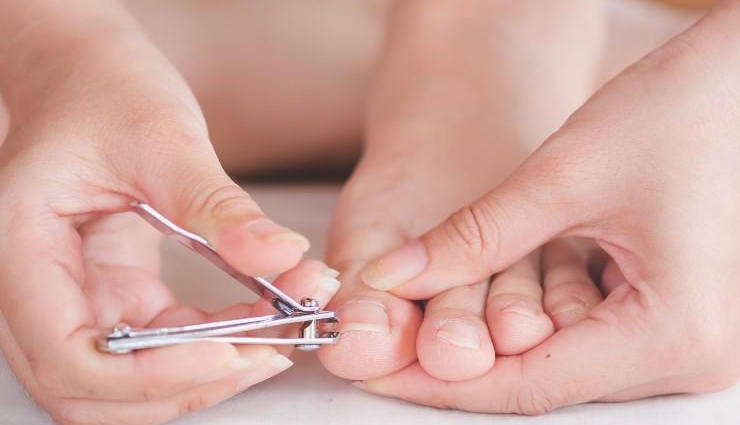
# Trim Your Toenails Regularly
Keep your toenails trimmed to prevent dirt and debris from accumulating underneath them. Long nails can create a breeding ground for bacteria and fungi, leading to infections.
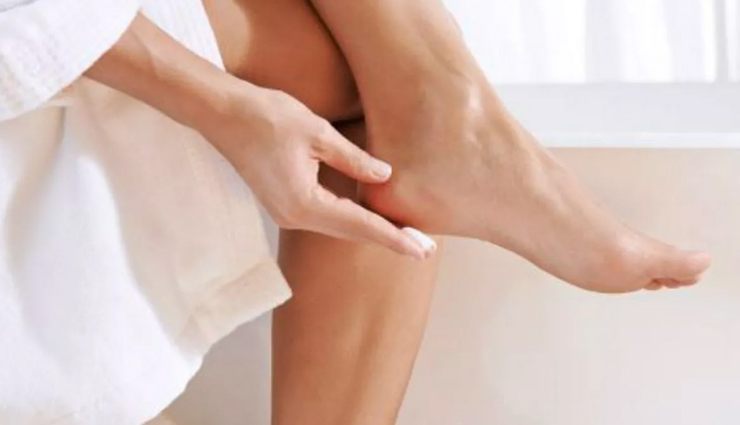
# Use Moisturizing Foot Cream
Moisturize your feet regularly with a foot cream or lotion to prevent dryness and cracks. Dry feet are more prone to infections. Pay attention to the heels and soles of your feet, where dryness is commonly observed.
# Practice Foot Hygiene in Public Places
When using public showers, swimming pools, or changing rooms, always wear slippers or waterproof footwear to protect your feet from contact with contaminated surfaces. Afterward, wash and dry your feet thoroughly.
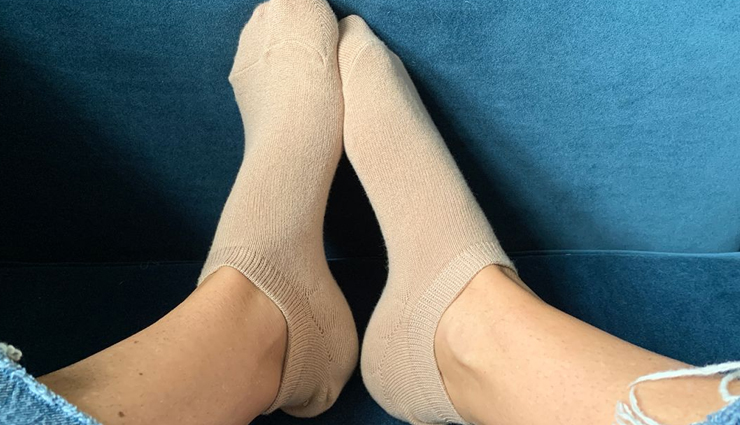
# Maintain Overall Hygiene
Maintaining overall hygiene is crucial in preventing foot infections. Wash your socks and footwear regularly, avoid sharing footwear with others, and always wear clean and dry socks to minimize the risk of infections.
If you’re already dealing with a foot infection, keep these tips in mind:
Dealing with foot infections during the monsoon season requires prompt attention and proper care. Here are some effective remedies to help alleviate and treat foot infections:
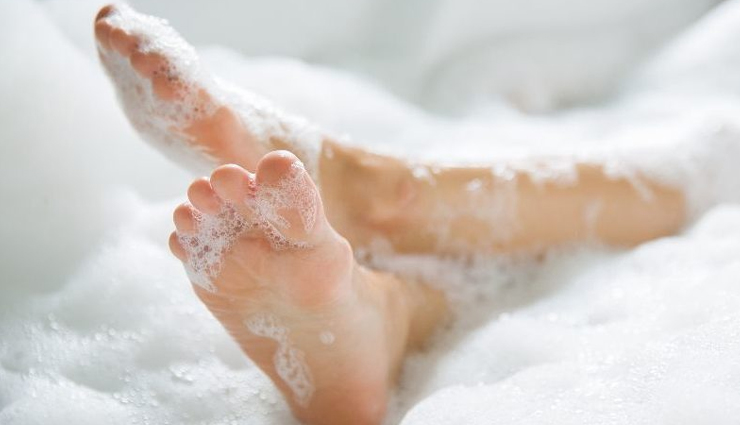
Keep Feet Clean and Dry: Wash your feet daily with mild soap and warm water. Gently pat them dry, paying extra attention to the spaces between your toes. Ensure your feet are completely dry before wearing footwear.
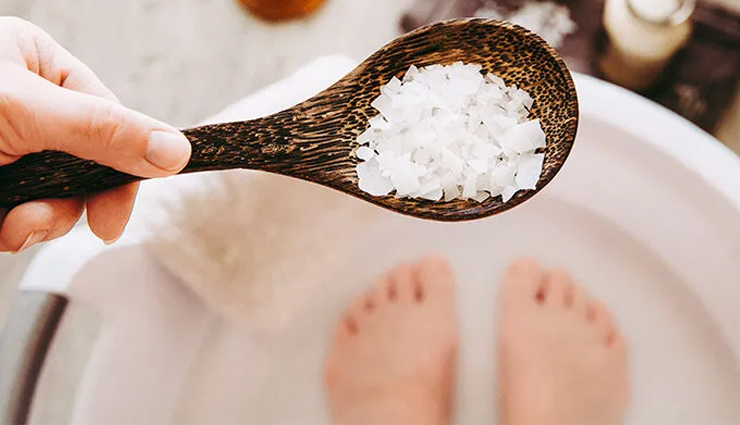
Soak in Saltwater: Prepare a foot soak by adding a tablespoon of salt to warm water. Soak your feet for about 15-20 minutes to help cleanse and disinfect the affected area. Saltwater helps to reduce inflammation and kill bacteria.
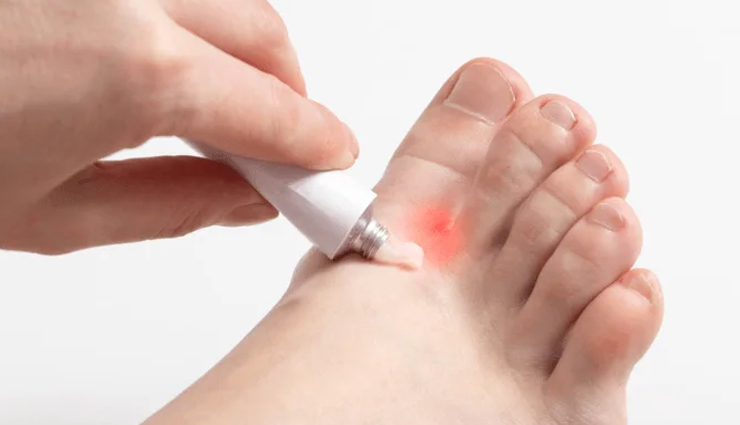
Apply Antifungal Creams or Powders: Use over-the-counter antifungal creams or powders specifically formulated for foot infections. Apply them to the affected area as directed. These products help control fungal and bacterial growth.
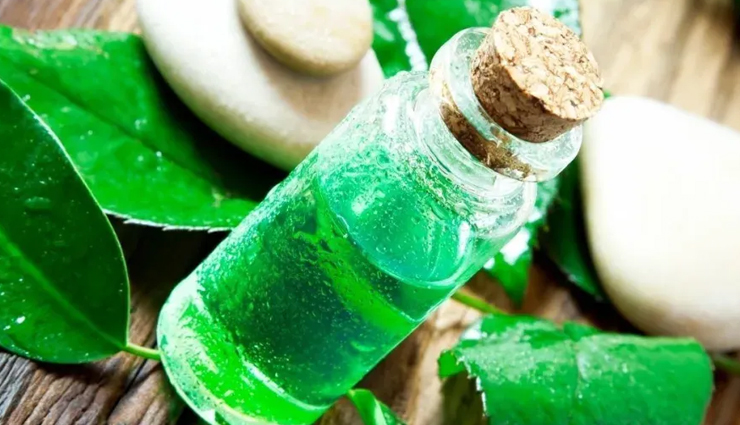
Use Tea Tree Oil: Tea tree oil has natural antifungal and antibacterial properties. Dilute a few drops of tea tree oil in a carrier oil, such as coconut or olive oil, and apply it to the infected area. Repeat this a few times daily.
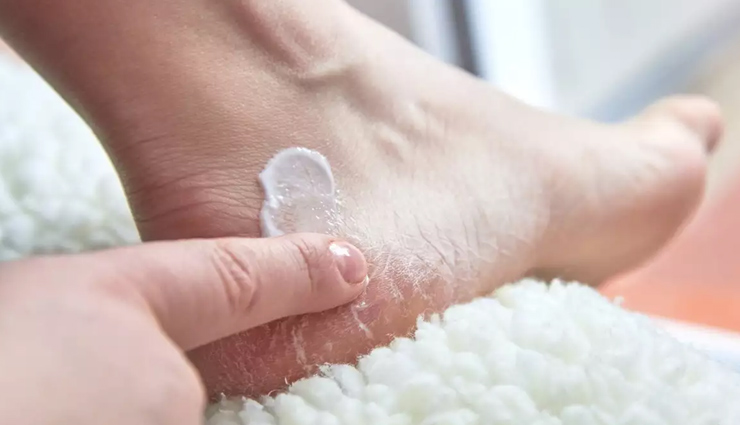
Keep Feet Moisturized: Dry and cracked skin is more prone to infections. Apply a moisturizing foot cream or lotion to keep the skin hydrated and prevent cracks. Look for products containing ingredients like urea or aloe vera.
Use Antiseptic Solutions: If you have an open wound or a cut due to the infection, clean it with an antiseptic solution, such as hydrogen peroxide or povidone-iodine. This helps prevent further infection.
Avoid Tight-Fitting Shoes: Opt for open-toed or well-ventilated footwear that allows your feet to breathe. Avoid tight-fitting shoes or socks as they can worsen the infection and increase moisture retention.
Keep Nails Trimmed: Trim your toenails regularly to prevent dirt and debris from accumulating under them. This reduces the risk of infection and promotes healthy nail growth.
Avoid Walking Barefoot: Refrain from walking barefoot, especially in public areas or around pools, to minimize the risk of contracting or spreading infections. Wear clean and dry socks or waterproof footwear.
Consult a Healthcare Professional: If the infection persists, worsens, or causes severe discomfort, it is advisable to consult a healthcare professional. They can provide a proper diagnosis and recommend appropriate medications or treatments.





